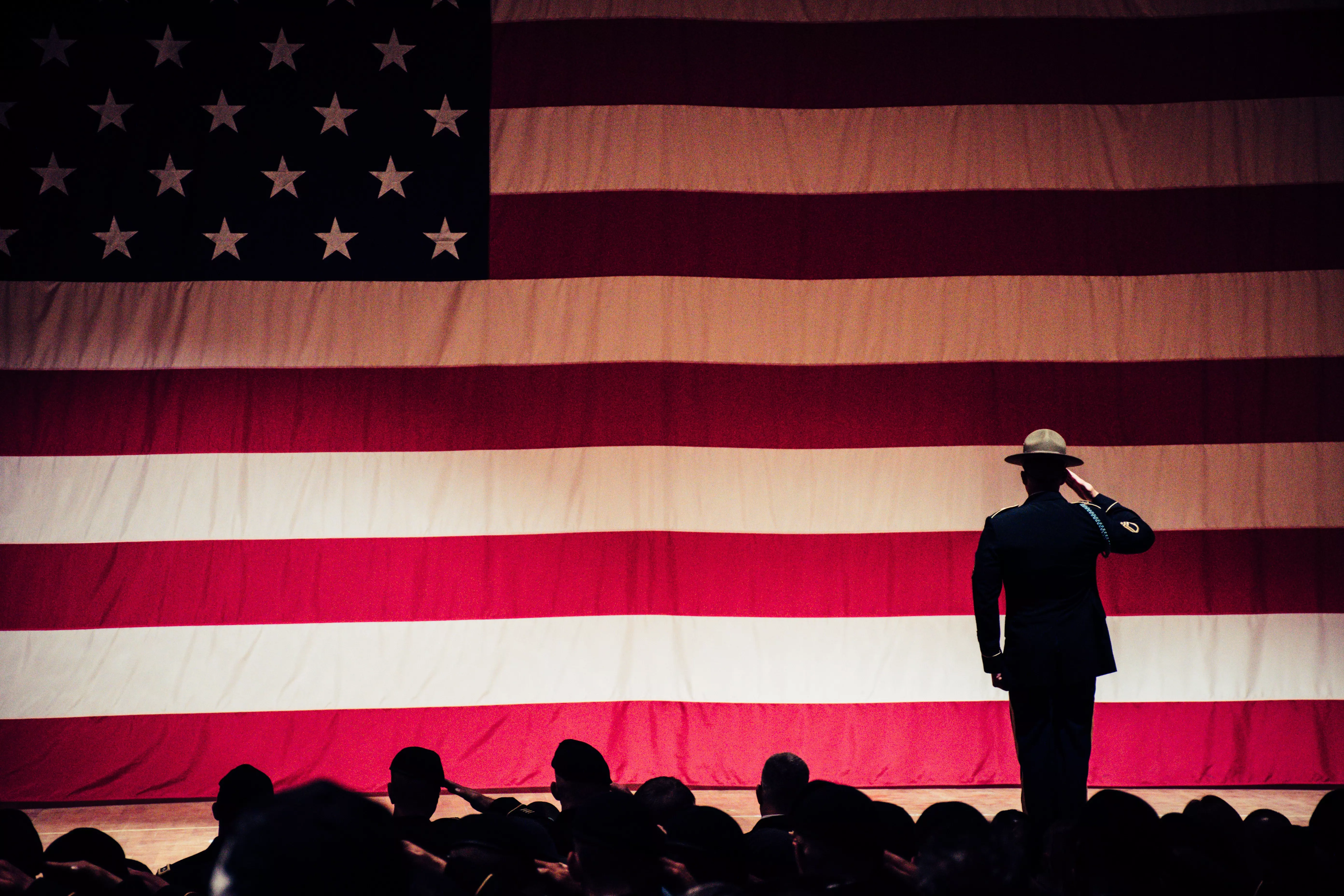Sample by My Essay Writer

The American Revolution is perhaps the most major piece of history in the United States. It is what allowed the nation to be sovereign from the rule of Great Britain. This sample essay shows that while the American revolution was an idea among the American people from the mid-1700s, it wasn’t until 1976 that the Declaration of Independence was written and then the war finally ended with the signing of the Treaty of Paris in 1783. The British monarchy did not do a lot to discourage the colonists not to attack, as their taxes, lack of representation in Parliament and general attitude towards the colonists made the revolution the only logical course of action.

The idea of separation from Great Britain perhaps began as soon as the completion of the French and Indian War and the American colonists saw the triumph that could result from victory. “They increasingly saw themselves as a separate entity, one that could defend itself against any opposing threat,” (Stanley, 1998). Great Britain, which was ruled by King George III at the time, decided in light of the reported perception among the Americans, to increase taxes and restrict the colonies in other ways. This prompted even more outrage among the colonial Americans, and so the war started. One of the taxes that particularly irked the Americans was the Sugar Act in 1764. This tax was designed to make the colonies pay for the French and Indian War. The act taxed for molasses and sugar. James Otis and Samuel Adams felt there was taxation without representation and this message was carried throughout the colonists. The Stamp Act was another source of contention for the colonists. It came into effect in 1765 and was designed to raise money to help pay for the cost of British troops in the colonies. The money was to remain in America. “However, this small token of generosity from Parliament did little to cool the growing anger of the colonists who felt that this act impinged upon their rights as British subjects,” (Library, 1996). The colonists felt the Stamp Act was unconstitutional because the British Constitution only allows for English subjects to be taxed by representatives that they chose. But they didn’t choose the representatives in Parliament that approved the act. The Act was called the Stamp Act because it required a stamp to be placed on all the paper goods that a colonist purchased. The colonists refused to buy the goods or pay for the tax, and so the merchants asked the British government to repeal it, which they did in 1766.

One year after the Stamp Act was repealed, the British Parliament imposed the Townsend Acts. These Acts granted duties in the British colonies and plantations on products such as glass, paper, paints, tea and lead. The money went towards paying for the military and colonial governors’ salaries. Great Britain eventually ended all the taxes, except for the tax on tea. “After a revolt, the British Parliament sent troops to the colonies because the colonists were getting so violent… Britain was getting scared,” (The Townshend, 1996). But the British Parliament was not finished with their taxation, as they further aggravated the colonists. In 1773, they added the Tea Act, which provided the East India Company to sell its tea at a reduced price to the colonists. This was intended to stop the boycott of tea and lower the amount of smuggling that was taking place. “Colonists, fearing this would set a precedent that would put the colonial merchant out of business, made a united front against the Tea Act,” (Stanley, 1998). The Boston Tea party boarded three of the ships carrying the tea and dumped it into the ocean. When the Prime Minister of England heard of the news, Parliament punished Massachusetts with the Intolerable Acts, which closed Boston Harbor until the cost of the tea was repaid, the royal governor was also able to say when the Massachusetts legislature could meet, crimes committed by a royal officer would be tried in England and colonists had to provide a place for British soldiers to live, as well as candles and drinks for the men.
Works Cited
Adi, H. (2012). Africa and the Transatlantic Slave Trade. BBC.
Brians, P. (1998). The Enlightenment. Washington State University.
Hardy, W. (2005). Riches & Misery: The Consequences of the Atlantic Slave Trade. The Open
University.
Harrold, S. (2000). Abolitionist Movement. South Carolina State University.
Lal, V. (2001). The Mughal Empire. University California Los Angeles.
Library, L. (1996, Dec. 19). American History Documents. Indiana University.
Stanley, U. (1998, Jan. 28). The Causes of the American Revolution. George Mason University.
Swan, D. (2013). Decline of the Ottoman and Safavid Empires. Academia.
The Townshend Acts. (1996, Dec. 19). University of Vermont.






